Yes, there is finally a drug treatment for dry age-related macular degeneration.
The first FDA-approved drug treatment for dry age-related macular degeneration – Pegcetacoplan – is currently under MHRA review for routine use in the UK.
Read on for more information about this life-changing medication for dry ARMD.
The Drug -Pegcetacoplan
Pegcetacoplan is a drug designed to slow the progress of geographic atrophy – advanced age-related macular degeneration.
It works by blocking the action of C3 – a key inflammatory protein activated in this disease.
The Disease
In geographic atrophy, areas of dying cells start in the outer retina and keep expanding so eventually they include the macula and fovea – the central area of the retina. Once they reach the foveal area, vision becomes poor. Once the entire fovea has atrophied, central vision is lost entirely.
Lesions expand at a rate of 100-150 microns (or more for multifocal and large lesions) per year. Practically, this means the average untreated patient will lose two lines of visual acuity over two years once the disease begins.
The Studies
Three main studies (Oaks, Derby and GALE) looked at the results of injecting anti-C3 antibodies into the eye to reduce the underlying inflammatory component of age-related macular degeneration. Results showed it be successful at slowing down the progression of the disease by five letters per year. Practically, this means that some patients will be able to extend their ability to drive for one year or sometimes even more.
A three-year follow up study also shows promising results in slowing the decline of visual acuity loss. Extension studies have shown that the photoreceptor layer loss can also be reduced. There is also an additional benefit in that the four central loci of vision will be lost at a much slower rate leaving a focus for fixation.
Administration
Pegcetacoplan is administered as an intravitreal injection either monthly or bi-monthly on a long-term basis as long as vision is preserved.
Complications
In terms of safety, study results showed that pegcetacoplan was similar to the intravitreal injections currently used in wet age-related macular degeneration.
Patients in the monthly injection group and patients in the bi-monthly injection group both had a slightly higher risk of developing wet age-related macular degeneration, although not very much higher than untreated patients with a similar disorder. However, as the bi-monthly group had lower rates of wet age-related macular degeneration, patients will probably opt for bi-monthly, rather than monthly injections.
